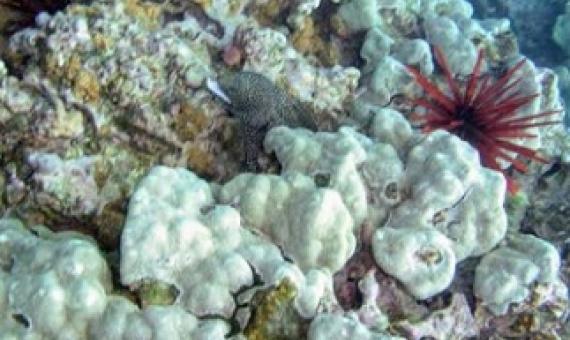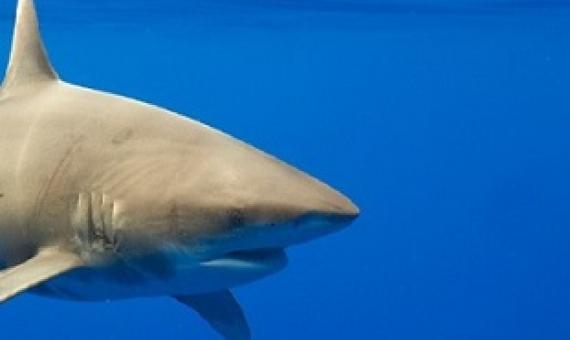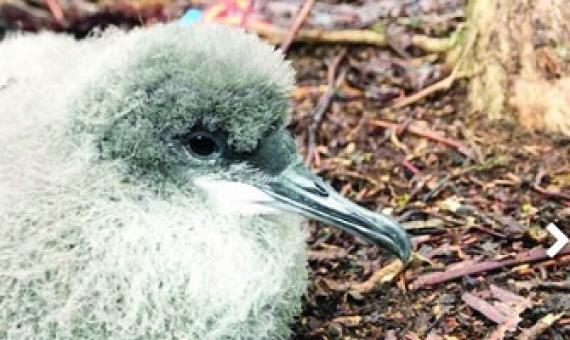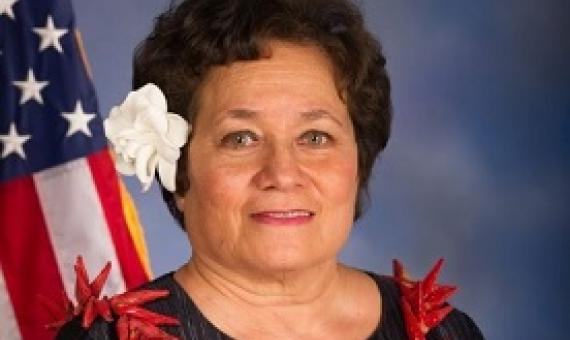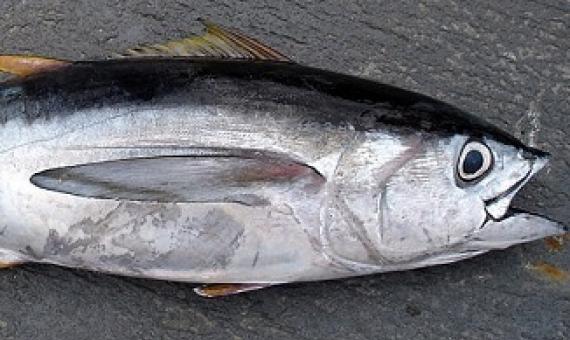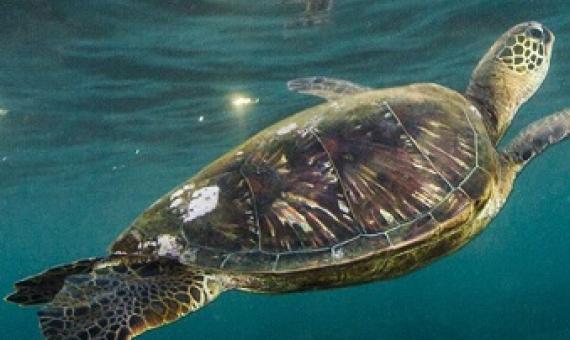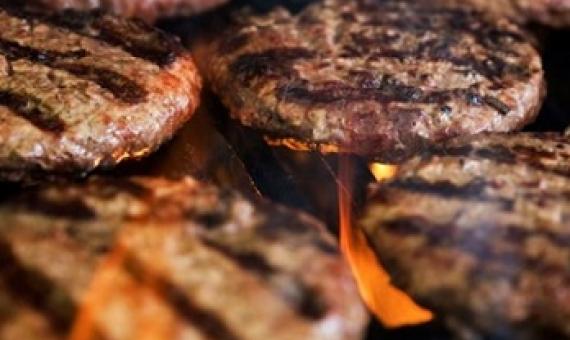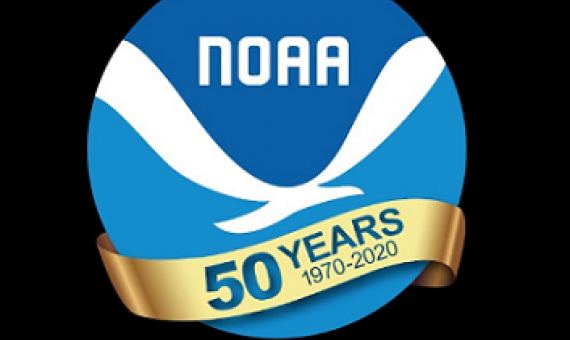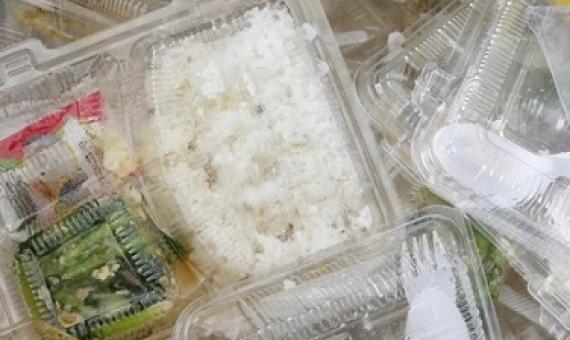A new study by researchers at the University of Hawai'i at Mānoa School of Ocean and Earth Science and Technology (SOEST) found that human-induced environmental stressors have a large effect on the genetic composition of coral reef populations in Hawai'i.
Earthjustice filed a federal lawsuit today on behalf of a local conservation group and individuals to enforce protections for a dwindling shark species that has roamed the oceans for millions of years. The lawsuit, filed on behalf of Conservation Council for Hawai‘i and Michael Nakachi, a Na
Congresswoman Aumua Amata is urging President Trump to reopen fishing access as a matter of national food security during the worldwide economic and health crisis.
he Western Pacific Regional Fishery Management Council in Honolulu recommended that the federal catch limits for longline-caught bigeye tuna for the U.S.
During the coronavirus pandemic, it’s “irresponsible” to flock to wilderness areas, experts say. Confusion about whether it’s safe to social distance at national parks was heightened by U.S. Interior Secretary David Bernhardt’s announcement Wednesday that park fees would be waived.
Stretching across the remote Northwestern Hawaiian Islands, the Papahānaumokuākea Marine National Monument protects more than 7,000 species—a quarter of them found nowhere else on the planet—in an area of island-dotted ocean spanning more than a million square kilometers.
Almost one-third of the water used in the western United States goes to crops that feed cattle. Eating beef isn’t just bad for the climate.
The roots of NOAA and the formal observation and study of the weather, climate, and oceans in the United States goes back to the early 1800's. However it wasn't until 1970 that NOAA was formally developed and recognized.
Many plastic items that Americans put in their recycling bins aren’t being recycled at all, according to a major new survey of hundreds of recycling facilities across the US.

